| Recent flooding across the country has put climate change at the front of many people’s minds this month. We’re lucky to have gotten away with ignoring the climate crisis as long as we did. While many countries have been experiencing the devastating impacts of climate change for years, Ireland has gone relatively unscathed so far. We haven’t suffered hurricanes like those in the USA or Philippines; droughts like those in Syria or California; or sea level rise like that of the Maldives or Florida. |
How differently would we respond to that poll today after witnessing places like Kilkenny, Carrick, and Clonmel drowning in flood waters? We’ve designed our towns and cities to function within a narrow environmental envelope. When that environment fails us, it impacts everything about the way we live and work.
| The penny seemed to have dropped with our politicians this week as they reassured us that they were working hard to address present and future flooding. Enda Kenny even proposed the idea of relocating those who live in high risk flooding areas (though many of those areas shouldn’t have been allowed to be developed in the first place). It seems our leadership has no problem spending money on adapting to climate change despite being totally averse to trying to prevent it (or mitigate). |
Secondly, we can’t easily adapt to 3-5 degrees Celsius of global warming, which is where we’re headed if we do nothing to reduce emissions. A 2007-2013 EPA report on climate adaptation demonstrated that we have barely scratched the surface in systematically addressing all the climate risks we might need to adapt to. These include risks to water (supply, quality & management); planning; and critical infrastructure, and that’s just domestic adaptation. How do we adapt to the global impacts of climate change when we’re so reliant on imported energy and food?
Furthermore, the reason places like China and India have such high emissions is because of the goods we buy from them, not because their lifestyles are so carbon intensive (far from it). If everyone in China or India lived the way we do in Ireland, their emissions would be at five and 14 times larger, respectively, than they are today. Based on our individual lifestyles, there’s no doubt that we helped start this fire and can’t expect other countries to shoulder more of the responsibility in quenching it.
It’s ironic to watch Fine Gael undeservedly blaming the EU this week for not being able to undertake flood prevention measures when they’ve expended so much of their political capital in Brussels on trying to get out of doing anything to address climate change based on ‘special case’ arguments.
| This week, Ministers like Alan Kelly and Simon Harris jumped on the climate band wagon, stating we can expect to see more flooding as a result of climate change and we need to start spending money on adaptation and flood prevention. And for once in my life, I agree with them to some degree. Adaptation is the only available response for the climate impacts that will occur before mitigation measures can have an effect, and flooding is one of those impacts. But as the Earth’s temperature rises, so too will the cost of adaptation and residual damages will remain inevitable. |

-Cara
Watch: EcoEye on RTE1 Tuesday, January 11th at 7pm
'Our Global Community' episode, featuring many of the Irish activists who attended COP21 in Paris.

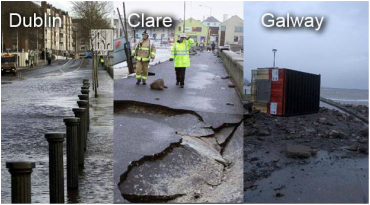
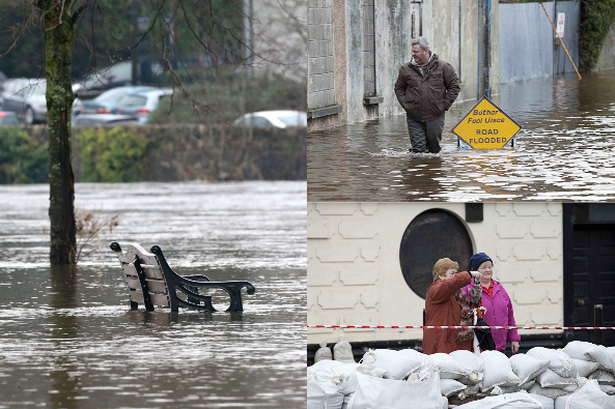
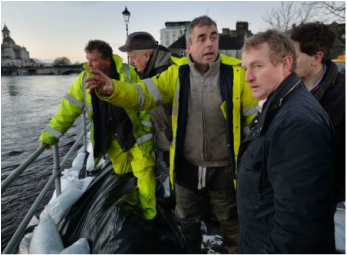
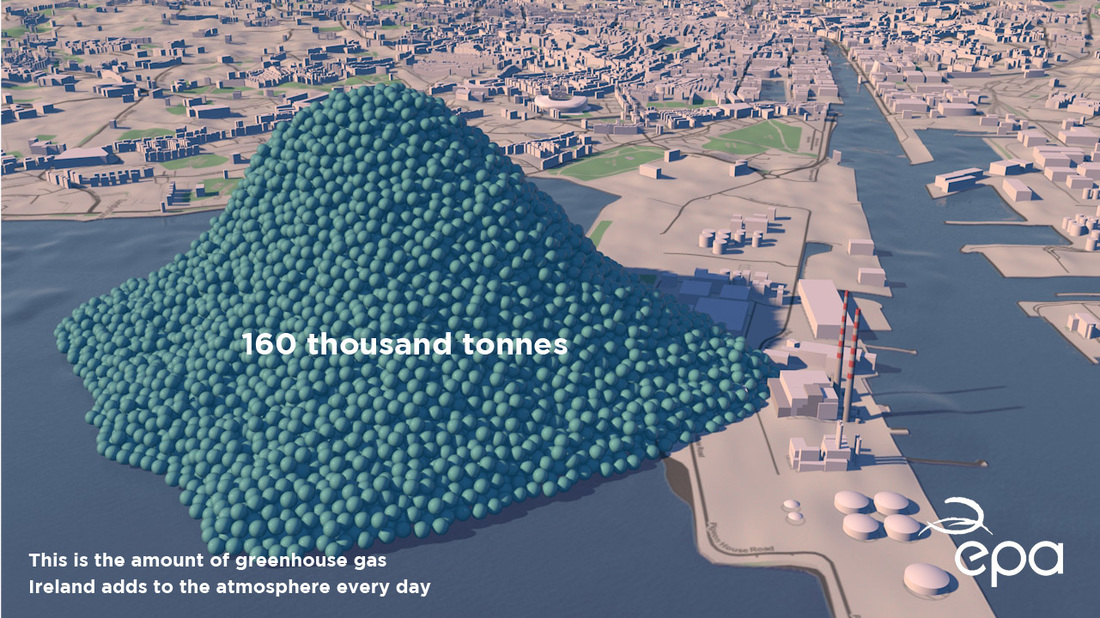
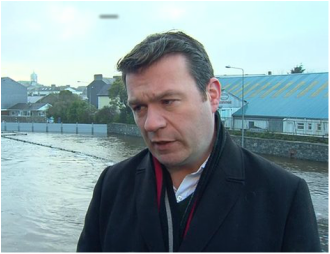
 RSS Feed
RSS Feed
